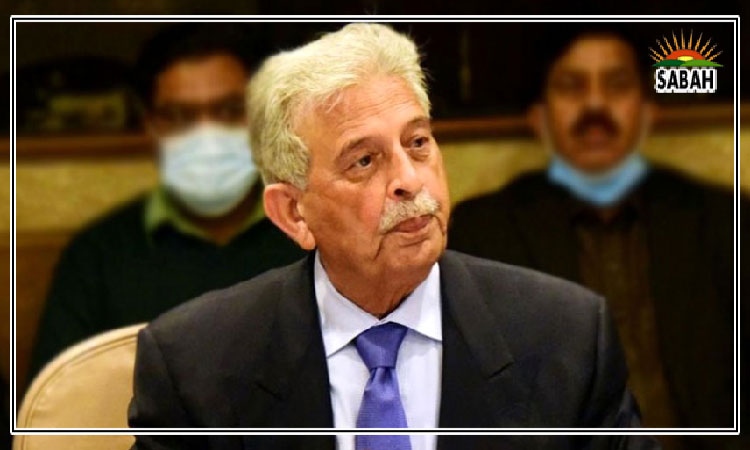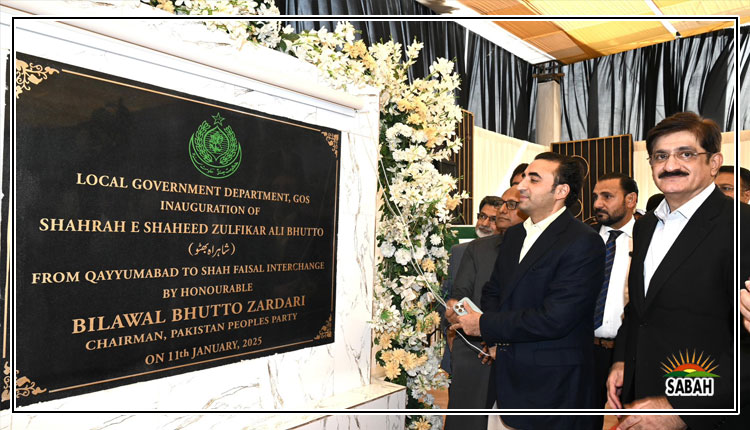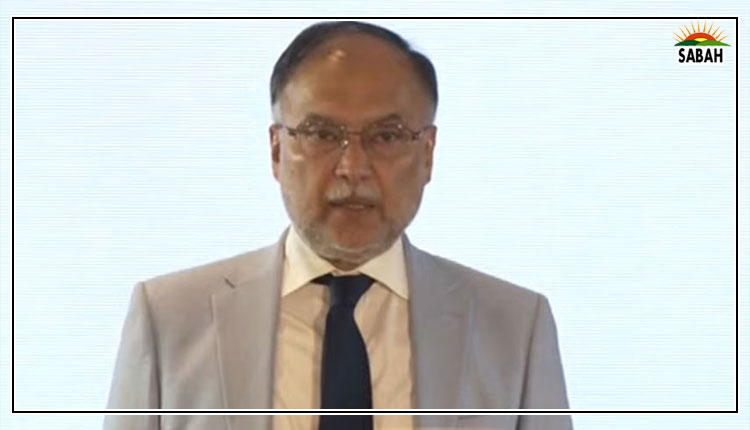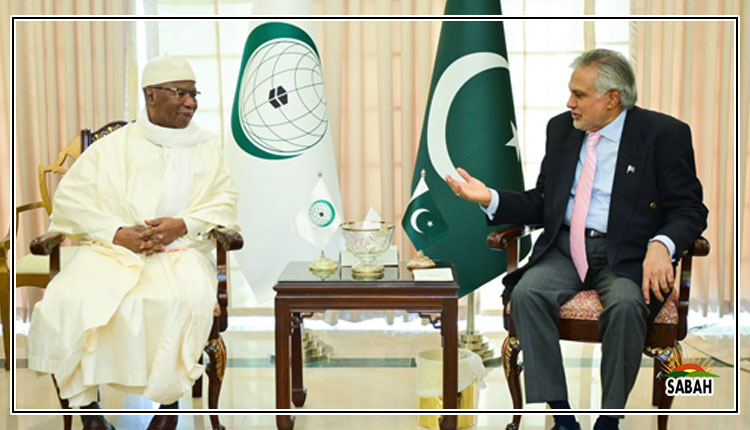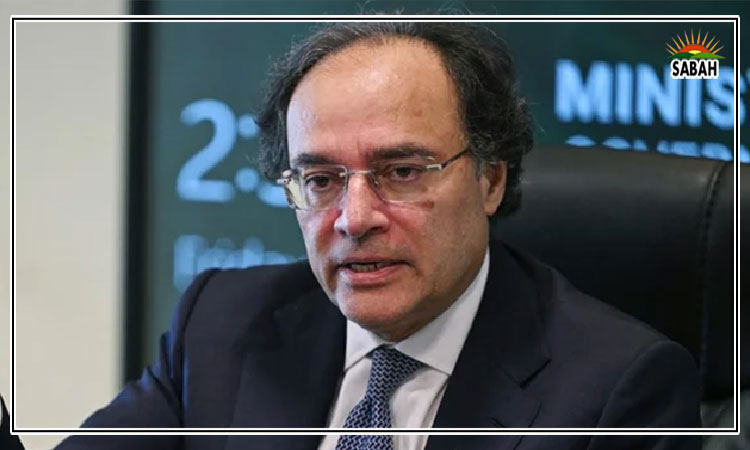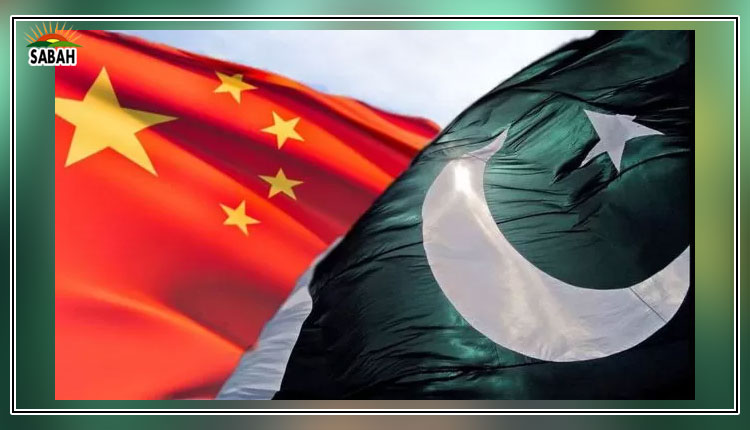Terrorism — need for a new public policy…Dr Syed Akhtar Ali Shah
Located at the crossroads of civilisation and embroiled in old and new great games, Pakistans northwestern region, Khyber-Pakhtunkhwa in particular, is currently witnessing a resurgence of terrorism. From June 18, 2022 to June 18, 2023, as many as 665 terror attacks, including 15 suicide bombings, have struck the province. While most of these incidents took place in North Waziristan and DI Khan, the Peshawar district witnessed 56 including 19 gun attacks, 25 grenades attacks, eight IED blasts, two suicide bombings and two rocket attacks. And there appears no end.
The scourge of militancy and terrorism arouses feelings of anxiety and helplessness. It has not only affected the psyche of people but also left a deep imprint on the whole socio-political life in the country. Without understanding the dynamics of terrorism and its underlying motivational drivers, identifying proper remedial measures is difficult. The whole scenario needs to be understood in its proper perspective and not in the context of an isolated event. Investigation of cases and bringing a few offenders to justice may be a success from a tactical and investigational point of view but not at the strategic policy level. The recent suicide attack in Bajaur that claimed more than 60 lives is a reference to the context. Therefore, there is a pressing need for a dispassionate and rigorous analysis of the determinants of the multidimensional phenomenon of the existing wave of terrorism.
The Bajaur attack has once again raised alarm bells, questioning national policies, indicating lack of coherence, ambiguity of direction and crisis of governance. This tragic incident, targeting a politico-religious party which follows the Deobandi school of thought, has jolted the whole nation. The incident should not be left to mere investigation at the tactical level, but there is need to find where we have gone wrong at the policy level.
Unfortunately, Pakistans border region is experiencing serious problems due to the narrow geo-strategic interests of international players. With the misplaced notion of strategic depth, jihad was used as a tool to prop up religiosity, inimical to Pashtun nationalistic values. Increasing use of violent non-state groups since 1977 not just inside the country but outside also has severely devastated the social fabric of the border region, in particular, and the countrys economy.
Seen in this perspective, the ongoing conflict in the wake of the war on terror post-9/11 assumed a new dimension due to the leading role of Al-Qaeda in Afghanistan and then of the Tehrik-e-Taliban Pakistan (TTP). Already active in the region, they inculcated the concepts of a Universal Caliphate and tafkeer. They declared the killing of Muslims on the pretext of siding with infidels and obstructing the reinstatement of the Caliphate as Shariah-compliant.
The wars in Iraq and Syria brought a new player to the equation the Islamic State. The groups affiliate IS-Khorasan (Daesh), active in Afghanistan and Pakistan, are working to nurture the belief that the renaissance of Islam would happen from this region. They believe that since a favourable mindset is already prevalent in the region, it makes fresh recruitment easy.
Today, three major non-state actors constitute the threat: Al-Qeeda, TTP and IS-Khorasan. Their splinter groups and other minor groups also operate in the region. All these groups are quite active, as indicated by their terrorist acts as well as their communication and recruitment activities.
Meanwhile, the Bajaur incident was not an isolated case, but a part of a deep crisis. Seen in a broader perspective, it is in fact a crisis of governance. The state has the Constitution, the law, the policies, the framework. Still it is unable to enforce its writ. Right from Karachi to Khyber, private militias and private armed guards are operating in the country either as custodians of feudal lords or members of militant outfits. Katcha areas in Sindh and Punjab as well as in Peshawars Mathara are cases in point. Islamabad is no exception either.
Rule of law is a major determinant in assessing good governance. Based on this factor, states are assessed as successful, fragile, failing or failed. Since the rule of law is non-existent in Pakistan, it is sadly perceived as a fragile state or failing state.
With the main factors having been determined now, there is need to review our national policy, and formulate a new one based on the notions of constitutional supremacy, democracy, stable economy, non-alignment, friendly relations with all neighbouring countries, zero tolerance against violent non-state actors, and above all the rule of law.
Courtesy The Express Tribune


